Summer Harvest & Supporting Players
The fruit set on Full Circle’s hot crops is as heavy as we’ve seen in the past couple of years, and the blast of heat at the beginning of the month has kicked our plantings into high gear. August and September are the finest months on the farm, to be sure; much of the hard work invested in the first half of the year finally comes to fruition. Snap beans, cucumbers, summer squash, peppers and eggplant will be in good supply this year, even though we’re always a couple of weeks behind eastern Washington. Our melons will be a gamble as always, but with this in mind, this season we’re working with a farmer growing some wonderful varieties in Washington’s Columbia Basin.
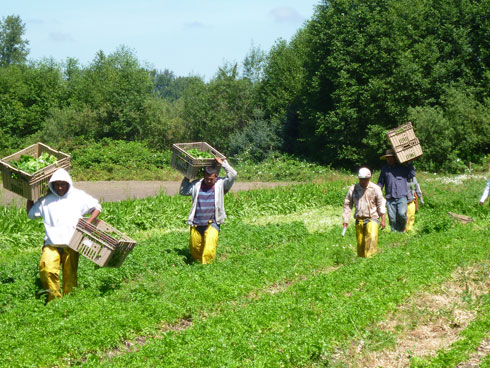
We visited Alan Schreiber, of Schreiber & Sons Farm in Eltopia, back in May when the melon transplants were just becoming established under low tunnels. He sent us photographs last week and also tested for brix (sugar content measured with a refractometer), which hit a respectable 11 degrees. That’s U.S. Extra Fancy! This kind of information is very useful in helping us select the very best produce we can find, and talking to the farmer in the field as harvest time approaches is about as good as it gets.
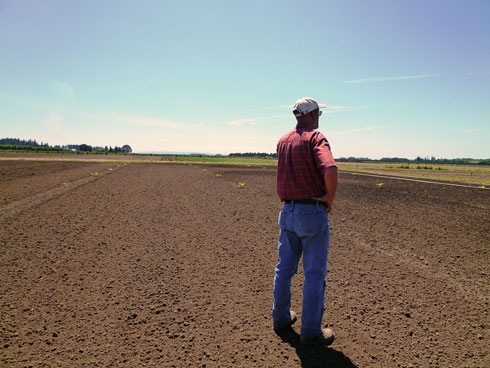
Another great farm we’re able to support starting this week (green leaf lettuce) is Mustard Seed Farms in St. Paul, Oregon. David Brown and his wife Nancy have farmed 80 acres of vegetables and cane berries since 1965, and have been certified organic since the early nineties. We traveled to their farm in June to learn about their operation. Although they grow much of the same produce that we do, we’ll look to them when our varieties gap, and also for commodities like winter squash later in the year. Can you guess why the plants in the photograph are spaced so widely?
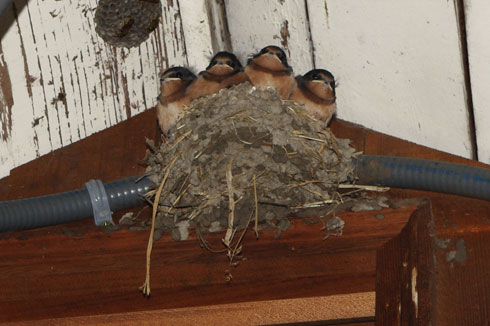
The home farm is humming along. We’re experiencing “empty nest syndrome” – our yearly crop of barn swallows has finally fledged. In the interest of food safety, we allowed them to establish only a few nests in the barn this time, away from production and storage. Besides being cute and reminding us of the yearly cycles of nature, these lively insectivores play an important role in the biodiversity of our farm.
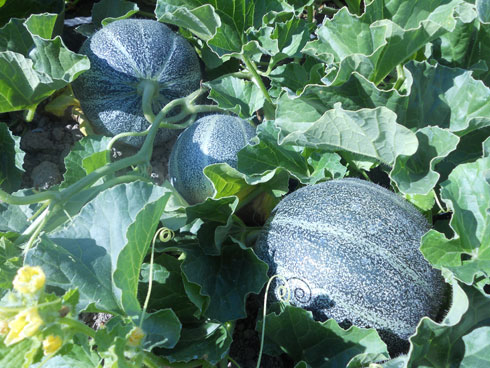
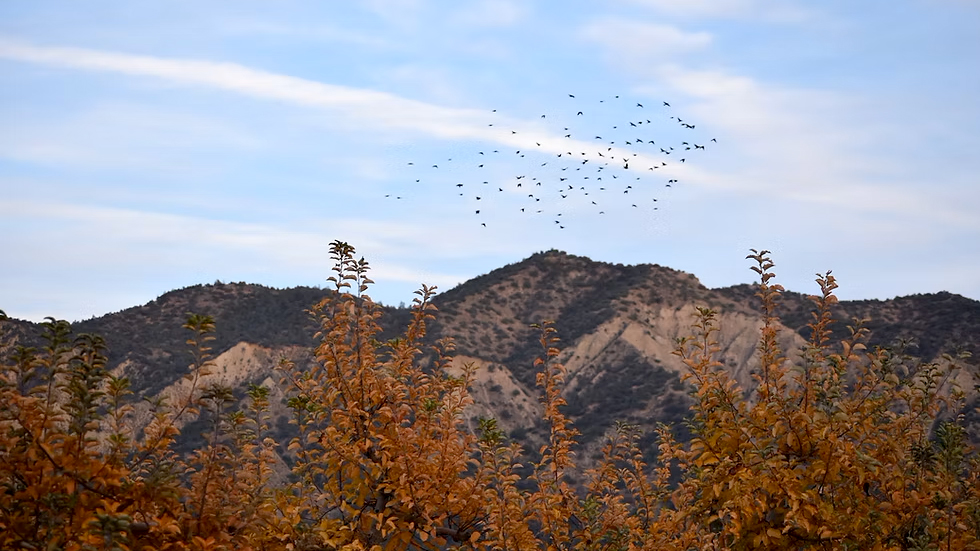
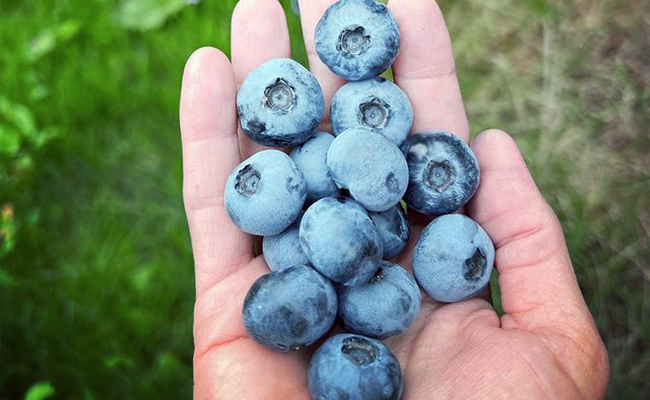
Leave a Reply